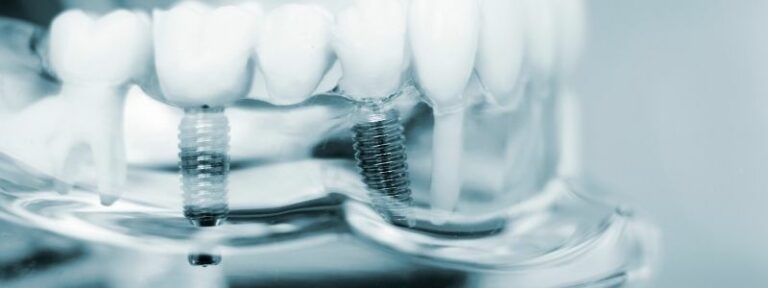If you are thinking of having an implant for your teeth or if you already have one, you are probably wondering if it will cause sinus problems. In fact, it is possible that dental caries cause sinus problems.
Some patients who get implants report sinus pain. A small number of patients were reported ill. It is possible for some dental plugs to enter the sinus cavity. This usually happens in the case of an error in the initial input of the condition.
If left untreated, implantation of the tooth can lead to loosening and infection. Interestingly, there is little risk in the patient’s sinus region during dental surgery.
In many cases, more than a few millimeters of a dental implant can enter the sinus region during implant placement without long-term complications.
If you are concerned that there is insufficient bone under the sinus, a procedure known as sinus dissection would be the most effective option.
This procedure allows the surgeon to insert another bone into the sinus cavity for the complete stability of the incision. In some cases, the teeth are lost and the sinuses enlarge or the bone near where the tooth is placed will shrink.
This process leaves the bone marrow under the sinus. If dental implants are needed in such areas, a sinus incision will be necessary. This handle ensures that there are enough bones to protect the tooth on the tree. One such procedure involves moving the lining of the sinuses and bone marrow below.
The purpose of these procedures is to prevent tooth decay from moving into the sinuses and causing many problems in the future. It is possible that a sinus infection will occur in this procedure, but such an event is rare.
If a dental implant is placed in a hole that does not have enough bones and the implant enters the sinus cavity, there is a risk that the sinus infection will develop in a timely manner. If sinusitis develops, do not panic. It can be corrected through care and timely treatment.
Sinus peroration
It is a big mistake to measure the sinus a few millimeters. The error of a few millimeters is significant in the dentist. Your surgeon owes you an explanation for both errors. Sinus peroration and its effects are a problem among surgeons.
Many surgeons say it is safe because they have had frequent sinuses and the insertion is curable. But others say the sinus perforation is a botched surgery that increases the risk of infection and implant placement. They add that as the implant falls into the sinus, the bone becomes smaller to support the incision.
Skilled surgeons believe that one or two millimeters of punch can be controlled, but several millimeters often cause long-term problems.
You have not provided many details about the reasons for your crop removal. But luckily this happened within five months and before you got the crown.
Some people with sinus perforation sinusitis have permanent nasal problems that require removal of the crown, reconstruction of the bone by insertion, waiting for the site to heal, and implantation.
How do they fix perforated sinuses after tooth extraction?
During the decubitus, the sinus floor opens and an opening is formed between the sinus and the oral cavity. There is no improvement due to the inability of the clot to hold on to the shooting cavity and there is an opening. The treatment is to close this place surgically.
There are structures around our jaws and teeth that we call sinuses. The maxillary sinus that we know the most is on the back side, we have sinuses that stay above our molars.
These are usually connected to the roots of the tooth. If necessary, the dentist may refer the patient to the otolaryngology department or arrange for treatment in different medical departments.







